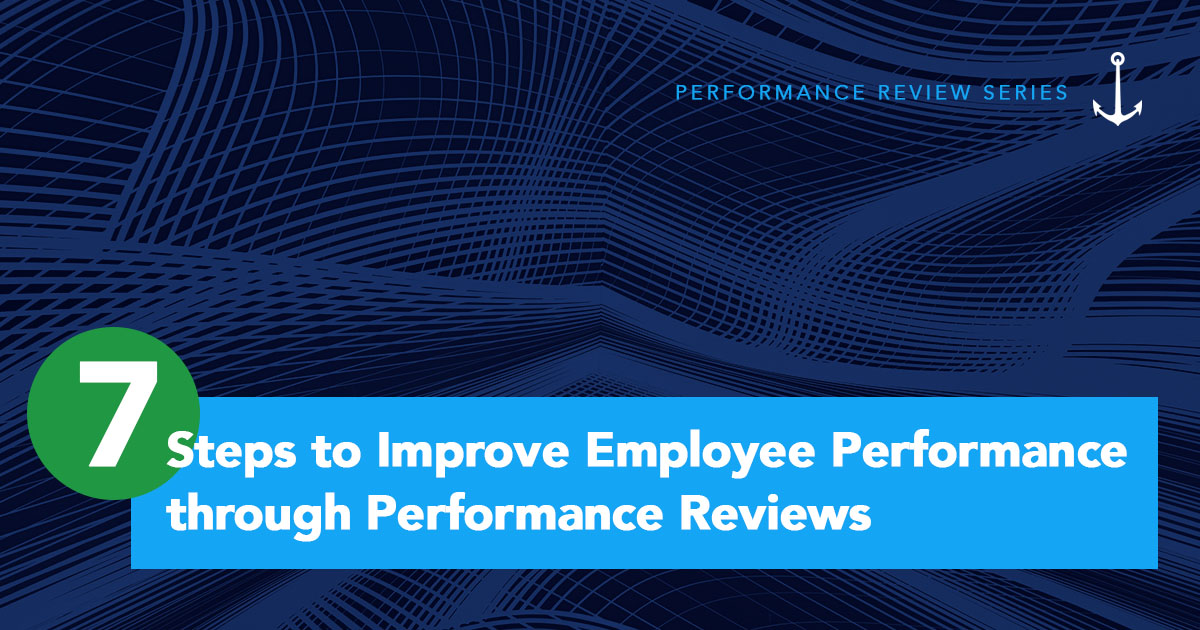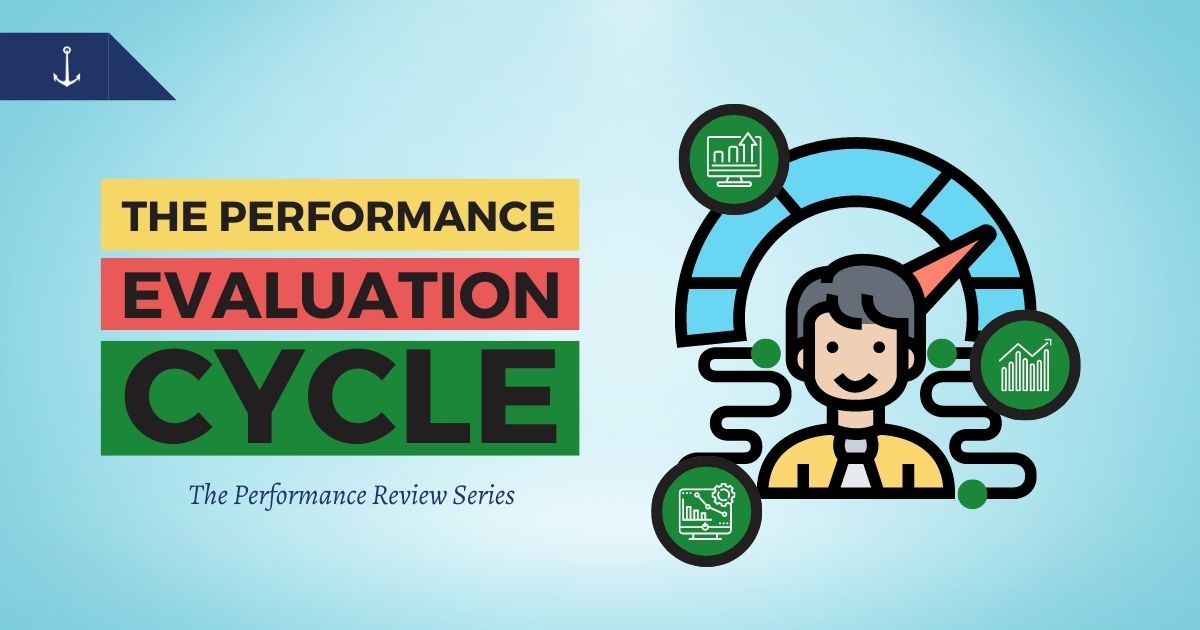Despite being against the law, pregnancy discrimination remains a pervasive problem, at great personal and professional cost to its victims. Every year, the Equal Employment Opportunity Commission (EEOC) receives thousands of charges related to pregnancy discrimination. Each year, the resolutions cost businesses millions of dollars.
What Employers Should Know About Pregnancy Discrimination
Temporary workers play a significant role in certain businesses. Especially with employers in industries that heavily rely on strong holiday season sales, the performance of temporary workers also is critical to customer service satisfaction. However, how do you know whether or not hiring temporary workers is truly advantageous to your business?
Topics: employees, humancapitalmanagement, hiring, Temporary Worker
7 Steps to Improve Employee Performance through Performance Reviews
Many businesses recognize that their most important asset for success is their employee base. Unfortunately, one crucial step in managing and strengthening that asset is often overlooked. In the face of constant competitive pressures, companies often do not utilize completely the employee performance review process.
Topics: leadership, teams, employers, employees, hr
Many people look forward to annual performance reviews the way they look forward to oil changes and tune-ups. Sure, these are standard operating procedures, but they can be a hassle and they could reveal bad news. As a result, performance reviews are often done poorly. They’re treated as an afterthought and rushed when the time comes. Or they’re not done at all.
Topics: leadership, teams, employers, employees, hr
Question: We have under 100 employees and are not required to mandate the COVID vaccine. We’re considering doing so anyway, but we’re also interested in other ways of encouraging our employees to get vaccinated. What incentives have been most effective?
Topics: employers, employees, hr, humancapitalmanagement, tips
According to the U.S. Bureau of Labor Statistics, the unemployment rate in July 2009 was 9.4% compared to 5.8% in July last year. In turn, many employers have observed from their growing stacks of resumes, a wider availability of experienced workers as interested job applicants. As the employer, to effectively determine which resumes will lead you toward the top job candidates, keep in mind the following helpful steps:
Congratulations! The hard part is over—you’ve finally hired someone. You now have a new “employee.” That means you need to give the person the tools to be the best employee he or she can be, and that process starts on Day One.
If you employ or plan to employ anyone under 18, you need to be aware of how federal child labor laws and the Fair Labor Standards Act (FLSA) play a key part in your business success. You should also check your state's legal requirements and follow the rules offering more protection. The information we'll cover below pertains to federal law.
Businesses Are Struggling to Hire—Here's What They Can Do About It
If you’re finding it difficult to hire employees, you’re not alone. Bloomberg reports that many small businesses are struggling to find people who currently want to work—in fact, 42% say they have jobs they can’t fill. The number of people quitting jobs right now is also higher than average.
Topics: leadership, employees, hr, hiring












